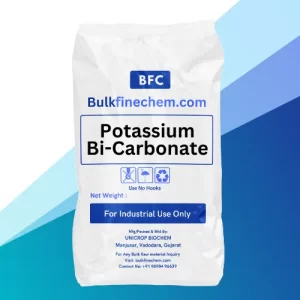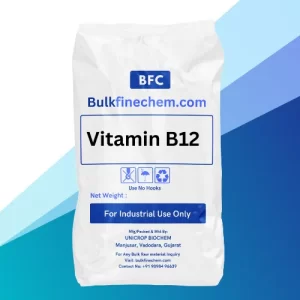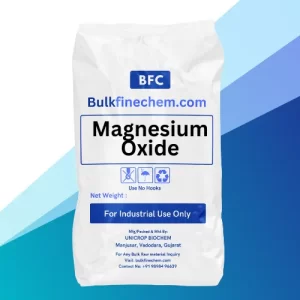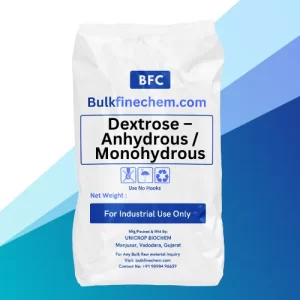Vitamin C
Category: Industrial Chemicals
Vitamin C, or ascorbic acid, is a versatile powerhouse in industrial chemicals. It acts as a reducing agent, antioxidant, and chelating agent, enhancing chemical processes, protecting product quality, and contributing to cleaner and sustainable manufacturing practices. Its broad applications span industries like food, cosmetics, pharmaceuticals, and chemicals, ensuring quality, shelf life, and process efficiency.
Mechanism of Action
- Vitamin C is a powerful reducing agent due to its ability to donate electrons.
- In industrial chemical processes, it can serve as a reducing agent to facilitate chemical reactions by donating electrons to other substances, thus reducing them.
- Ascorbic acid acts as an antioxidant by scavenging free radicals and reactive oxygen species (ROS).
- it can be added to prevent or minimize oxidation reactions that can degrade products or lead to undesirable byproducts.
Benefits of Vitamin C
- It’s ole as a reducing agent is advantageous in chemical processes that require the reduction of metal ions or other substances.
- It can be employed as an initiator or reducing agent in polymerization reactions and the synthesis of organic compounds.
- It contributes to the efficient formation of polymers and other chemical products.
- This can lead to cleaner and more sustainable manufacturing practices.
Application of Vitamin C
Vitamin C finds multifaceted applications in industrial chemicals, serving as an indispensable reducing agent, antioxidant, and chelating agent. Its role as a reducing agent facilitates chemical reactions by donating electrons, aiding in the reduction of metal ions and the synthesis of various organic compounds.





